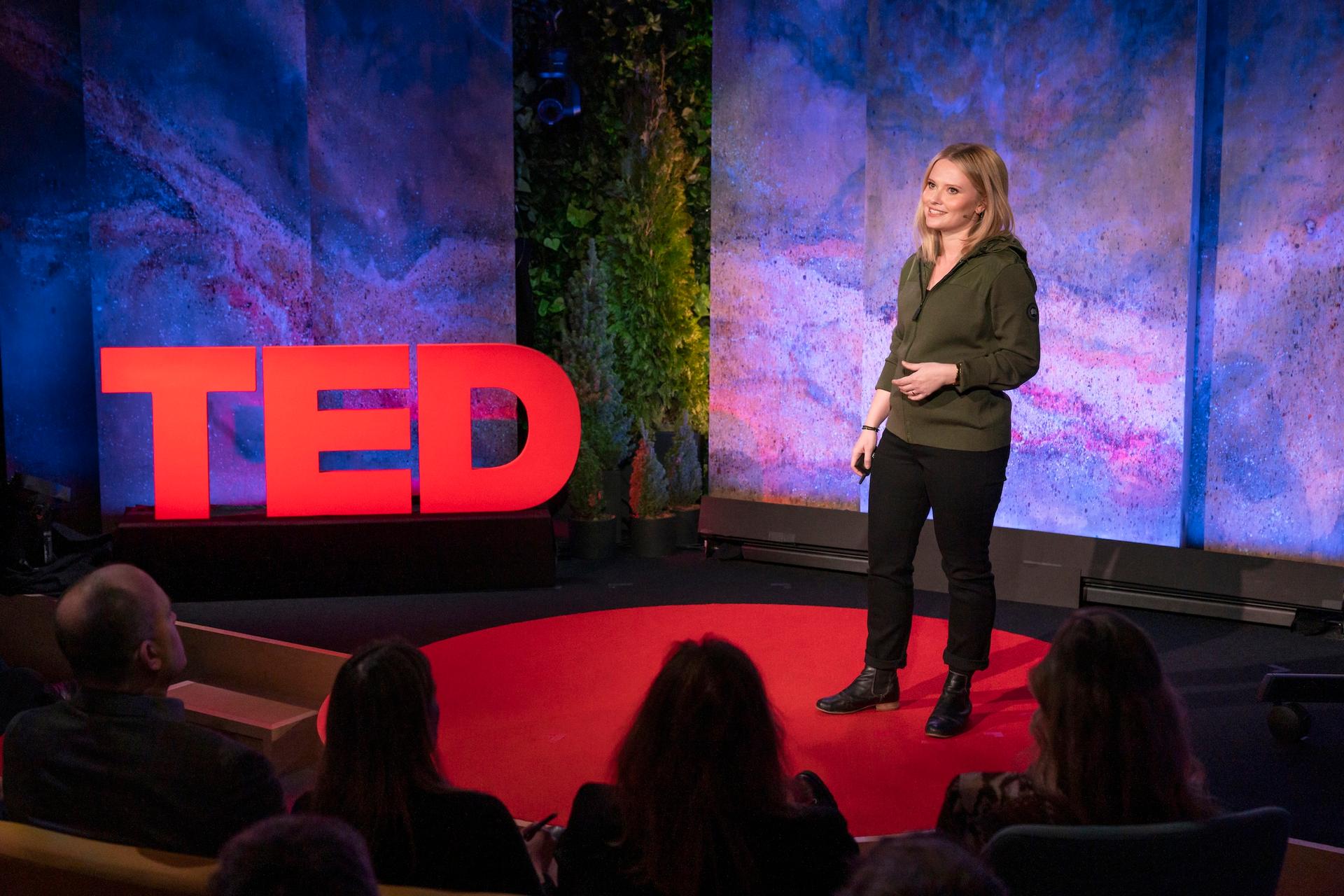
Alysa McCall supports Polar Bears International’s educational and scientific work across the Arctic, with a focus on collaborative Canadian projects. She’s a staff scientist and director of conservation outreach.
Growing up in British Columbia, McCall was fascinated by the local wildlife that often wandered through her backyard. While studying for her BSc degree, she worked at a wildlife park, banded birds, trapped insects, radio-collared mice and put tracking backpacks on toads. For her MSc, she moved on to the University of Alberta, where her research involved flying over remote sea ice, finding polar bears and fitting them with GPS collars to study how they use their changing habitat.
McCall currently lives in (polar bear–free) Whitehorse, Yukon.
Journey to experience: Churchill, Manitoba, known as the Polar Bear Capital of the World, often sees polar bears wander into town, which is why the city has taken steps to protect both bears and humans – for example, moving its dump indoors and installing bear-proof residential bins. See polar bears in their natural habitat (undisturbed and at a distance) with a reputable tour operator such as Churchill Wild.

Alysa McCall supports Polar Bears International’s educational and scientific work across the Arctic, with a focus on collaborative Canadian projects. She’s a staff scientist and director of conservation outreach.
Growing up in British Columbia, McCall was fascinated by the local wildlife that often wandered through her backyard. While studying for her BSc degree, she worked at a wildlife park, banded birds, trapped insects, radio-collared mice and put tracking backpacks on toads. For her MSc, she moved on to the University of Alberta, where her research involved flying over remote sea ice, finding polar bears and fitting them with GPS collars to study how they use their changing habitat.
McCall currently lives in (polar bear–free) Whitehorse, Yukon.
Journey to experience: Churchill, Manitoba, known as the Polar Bear Capital of the World, often sees polar bears wander into town, which is why the city has taken steps to protect both bears and humans – for example, moving its dump indoors and installing bear-proof residential bins. See polar bears in their natural habitat (undisturbed and at a distance) with a reputable tour operator such as Churchill Wild.
“We’re racing to tackle climate change in the long term while trying to keep as many polar bears in the wild as possible in the short term.”
